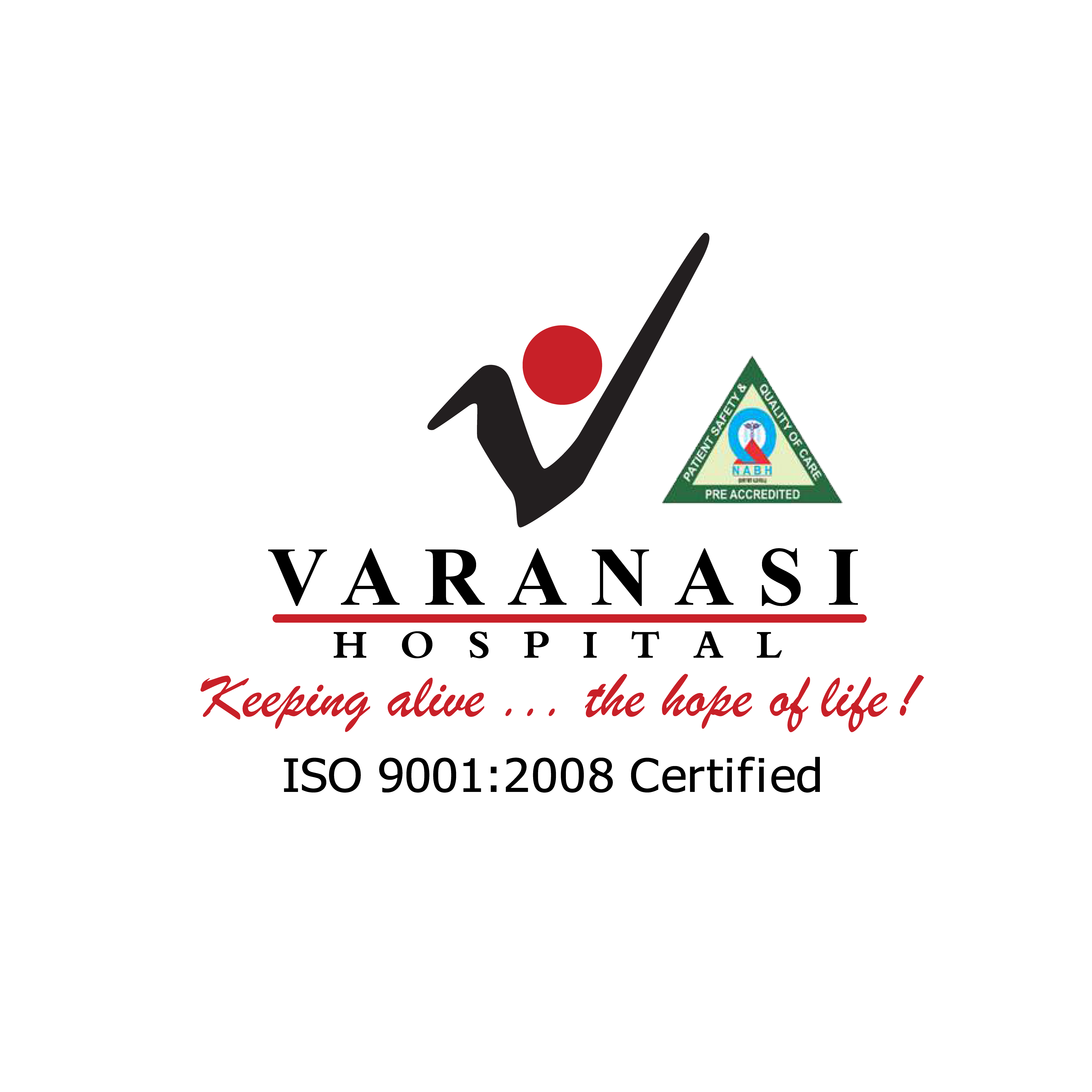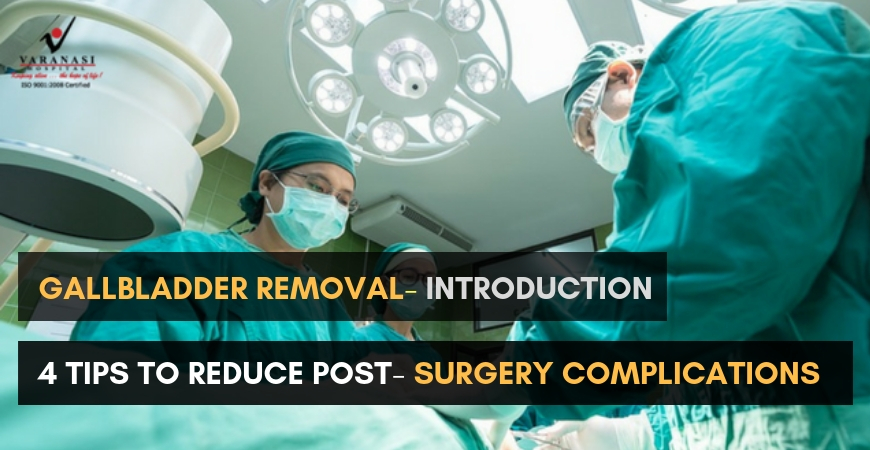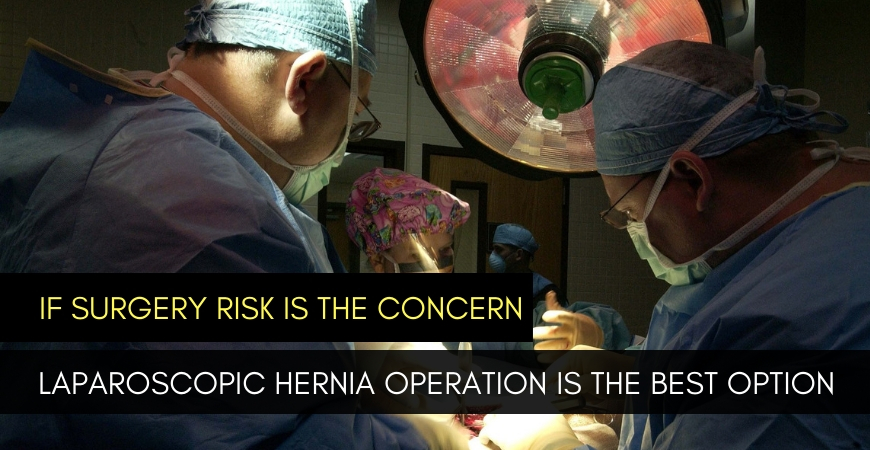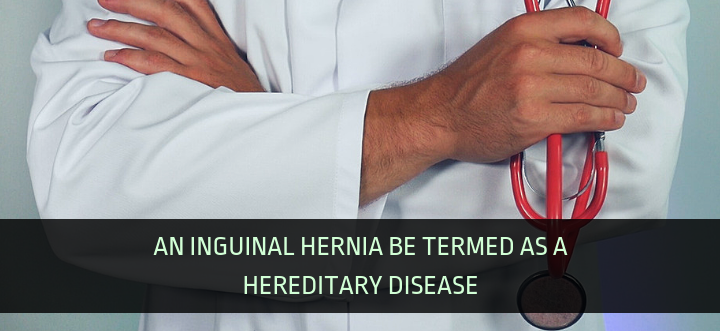Gallbladder Removal- Introduction And 4 Tips To Reduce Post- Surgery Complications
“Am I Going To Be Alright After Gallbladder Removal?” this is a common question that arises in most patients prior to the surgery.
Before finding your answer, let us give an insight on the organ- ‘Gall Bladder. Gall Bladder is a small organ, shaped like a pouch bag and located under our liver. It helps to store the bile, secreted from the liver. Gallbladder normally squeezes the enzyme into the small intestine for digesting the fat in food. However, let’s get to know why gallbladder can be removed (when required due to some illness), without any severe complication.
There are few organs in our system, without which, we can survive. The gallbladder is one of those. Removing the gallbladder would not affect our system drastically. Doctors often recommend to cut off the gallbladder completely through laparoscopic gallbladder surgery to ensure a permanent solution to gallstones reoccurrences in near future. There are some other gallbladder disorders like excess secretion of bile salt, cholesterol etc as well which are responsible for the decision of removing the organ.
However, its removal does not lead to any severe issues as even without the gallbladder, a sufficient amount of bile can be emitted by our liver and intestine. Hence, among the laparoscopic gallbladder surgery patients, the probability of suffering post-surgery complications is mostly nil. Hence we can say that you can expect to be alright after a laparoscopic gallbladder removal surgery.
However, post-surgery discomfort may arise in a few cases. Most of the complications are digestion related such as fat digestion, temporary diarrhoea, constipation etc. and are easily curable.
We are here to offer 4 diet and lifestyle tips that can help you after gallbladder surgery:
- Adoption of a low-fat diet: Normally, doctors prescribe to avoid high fat and calorie food after gallbladder surgery. Consult your doctor to plan your proper meal chart.
- Resume regular food habits slowly: Liquids, gelatin, and broths should be taken for the first couple of days. However, slowly and gradually you should add solid foods back into your dietary chart.
- Use a smaller portion of food intake: No matter what, try to lessen the quantity of food intake. Instead of going for jumbo meals, take small portions throughout the day.
- Keep a record of your diet: Be a little mindful while eating. Moreover, keep a track on your regular diet by maintaining a food journal or recording your intakes in an app.
Apart from these, you may also take help of physical exercises. However, for that, you need to ask your physician for suggestions.
Laparoscopic gallbladder surgery is a common practice. However, it can happen that one might experience some complication if they do not adhere to guidelines. Thus, it is always recommended to follow diet and lifestyle guidelines offered by the surgeons.





